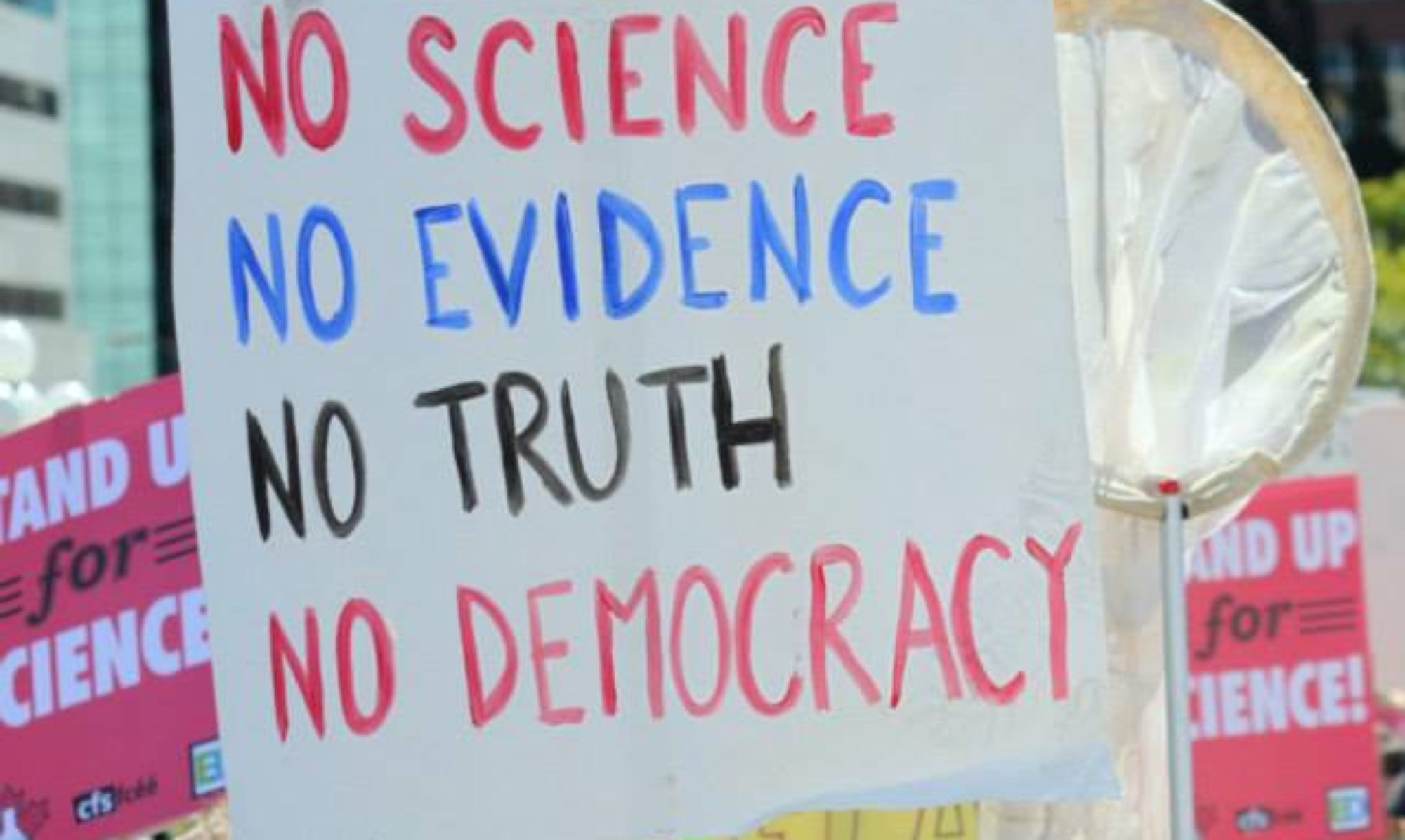
Especially since Covid-19, everyone you argue with either in person or on the internet about masks or vaccines, or climate change, or evolution, or whether the earth is flat or round*, or whatever people fight about, there’s going to be a demand to produce the science to support your argument. That’s not always as easy as you might think.
In this episode, Mike interviews Greg, to ask about how science works, what peer-review means, whether correlation implies causation and if that means that correlation has no value. It helps to have a good understanding of what science does, and how it works. We’re here to help. For example, are you familiar with “The Scientific Method?” You likely earned an “A” on your 8th Grade (2nd form) science quiz by reciting this set of steps:

There’s much more to science than that. Science is woven into the culture, and yet many misconceptions remain. Greg and Mike only covered a quantum mass of misconceptions, but we never fail to inform. There are many resources, and we reference this one during the show:
Understanding Science: An Overview
and also this one, they are both pubished by the University of California, Berkeley:
We are using new bumper music. “Happy Dance” by Mr. Smith is extracted for the intro, and the close is “A Song for Peace” by Siddhartha Corsus. Legal notifications under the Creative Commons License.
*The earth is neither flat nor round, is it? It’s an oblate spheroid, meaning it is ball-shaped with bulges around the belly, or the tropics. Pizzas are flat and round, the earth is not pizza.
